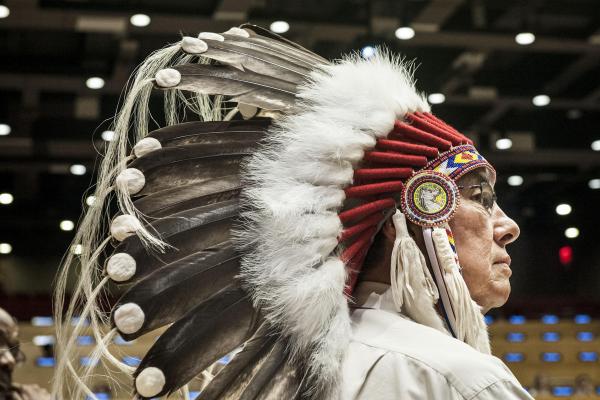Oct 9, 2017
So we need to at least have the conversation, and for children who are home from school for the “holiday,” we should encourage families to talk honestly about what the history of Native peoples has looked like in the United States. We should be talking about what our history books are missing.
Read the Full Article

Already a subscriber? Login
